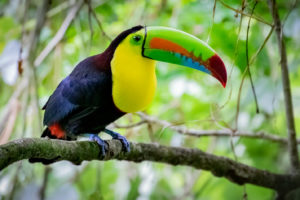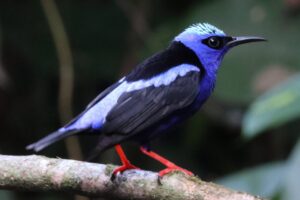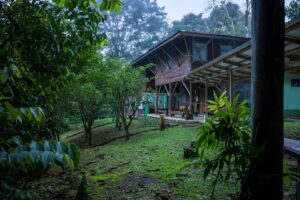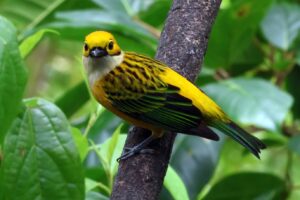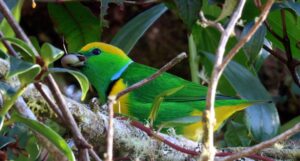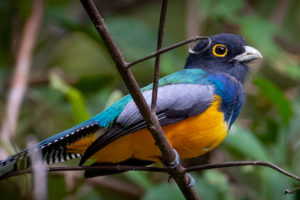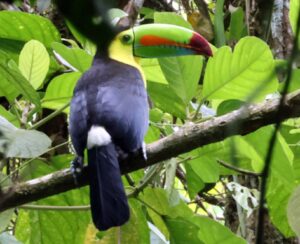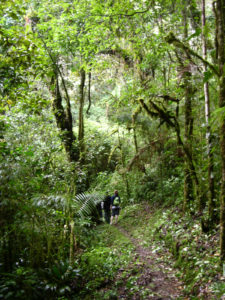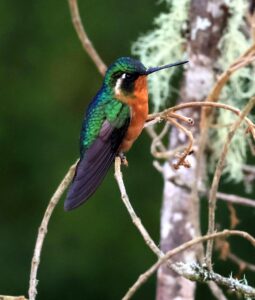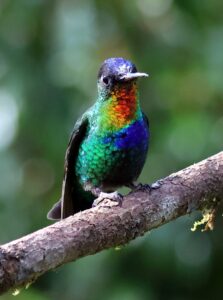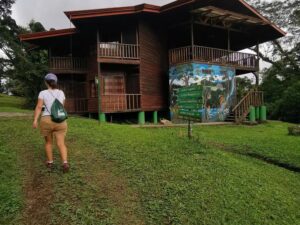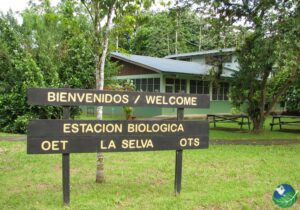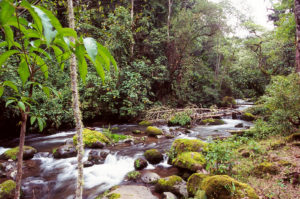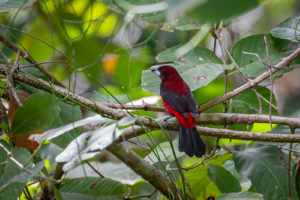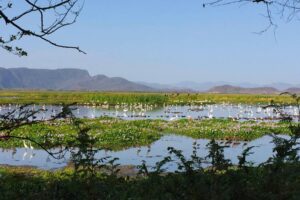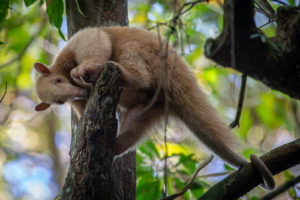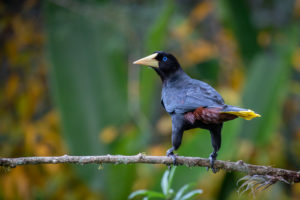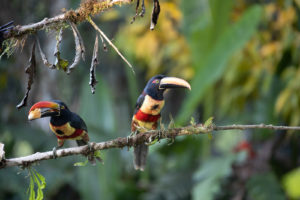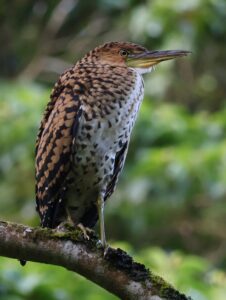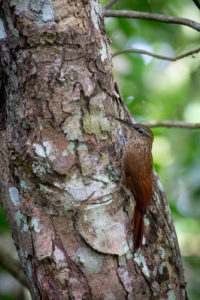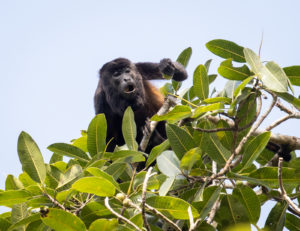Costa Rica: An Intro to Tropical Birding
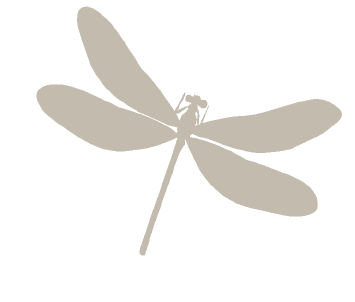
Birding Costa Rica's Tropical Research Stations
January 16 to 25, 2025
$2,750 | ($500 deposit due upon registration)
Single accommodations: $250 surcharge while available
9 participants max
New NBNC travelers receive priority registration*
C
osta Rica provides a wonderful introduction to tropical birding. Roughly twice the size of Vermont, the country has over 800 bird species, including 50 species of hummingbirds alone! In addition to all the birds, we'll encounter other tropical biodiversity like sloths, monkeys, orchids, leafcutter ants, and beautiful butterflies. Our group will visit a wide variety of tropical habitats from rainforest to dry lowland forest to wetlands in search of macaws, toucans, tanagers, hummingbirds, and so much more.
This budget-friendly itinerary situates us at three rustic biological research stations located in the heart of Costa Rica's tropical ecosystems. These beautiful and birdy environments make for a unique and unforgettable experience perfect for those new to tropical birdwatching, as well as those looking for a new way to explore Central America.
* This adventure is intended for those who have not traveled with NBNC before. We will happily offer returning travelers any spaces still available six months before the departure date. Please contact us to reserve your space.
Additional Information
(Click each tab to expand)
Flow of the Day: The itinerary is designed to maximize our experience with Costa Rica’s great diversity of birdlife and ecosystems. Our goal is to spend our time based out of three field stations, appreciating the species we encounter at a relaxed pace—we won’t be rushing from place to place to chase the largest species list possible. Be prepared for early starts (breakfasts are often before dawn) on most days!
Afternoon plans may allow for some rest time at the lodges, though this is not always feasible when we are transferring between lodges.
Clothing: Pack light field clothing of neutral colors. Bring several pairs of long pants and comfortable, light, airy shirts. Long-sleeved (relaxed fit) shirts are useful for protection from the sun, as is a light hat or cap. Be sure to have a pair of comfortable walking shoes or hiking boots, plus a second pair of tennis shoes or sandals. A fleece, a hat, and gloves are important for our visit to higher elevation areas where it can be quite chilly. You may want more casual clothing for traveling or dinners. A small washcloth and handkerchiefs will be helpful.
Climate: Be prepared for the temperatures to be chilly sometimes in the mornings (50s), and to reach the upper 80s in the middle of the day. In the tropics, it is wise to be prepared for both strong sun and sudden rain.
Equipment: Bring a pair of binoculars, a field guide and a camera with extra batteries. Your guide will carry a spotting scope. Pack sunglasses and sunscreen, a small flashlight or headlamp, a small alarm clock (a smartphone will work), insect repellent, a small daypack, and a small folding stool if you get tired standing for long periods waiting for birds.
Physical Expectations: Much of the birding on this trip will be along roadsides or easily walked trails, but do expect some hilly and muddy conditions at times (but nothing extreme). Participants should be ready to expect conditions that may be hot, cold, dry, wet, or anything in-between.
We will need to walk a couple of miles of dirt roads to access one of our lodges (though not while carrying our luggage!), so please reach out if walking these distances is a concern for you on this trip.
Health Considerations: Please consult your physician before the trip for any recommended immunizations. Mosquitoes and other small, biting insects can sometimes be a nuisance, especially in the forested areas. Chiggers are found in the grassy areas. We suggest repellent for your face and hands as well as your clothing. Permethrin-treated clothing works well.
Transportation: We will be traveling in a small bus. Trip capacity is limited for traveling comfortably in our vehicle.
Chip Darmstadt, Birding Ambassador and former executive director of North Branch Nature Center, is an avid neotropical birder and naturalist. Chip has guided birding trips around the US and around the world for 25 years, observing over 3,000 bird species along the way. After first working as a field biologist in Monteverde, Costa Rica, back in 1990, Chip has had the pleasure of bringing dozens of nature lovers to the country over the years.
Accommodations: All of our lodges, except for our hotel in San Jose, are situated in ecological reserves with easy access to incredible wildlife. Given that these are rustic and remote field stations, we can expect these basic accommodations to be clean and comfortable, but without the frills typical of more luxury ecotravel destinations. Some locations will have shared bathrooms.
Some single rooms are available on a first-come, first-served basis upon registration. After that, we ask travelers to share two-bed rooms with other group members of the same gender.
Food: Meals in San Jose and at points between field stations will include a combination of menu and/or buffet-style restaurants. Food at our field stations will be simple but hearty buffet-style meals. Most dietary restrictions can be accommodated with advance notice. Please reach out to us for more details about dietary accommodations.
The trip cost includes:
- Expert NBNC guide and in-country driver.
- All accommodations.
- All food except airport meals.
- Entrance fees and park admissions, including a boat tour in Palo Verde National Park.
- Transportation in a small, comfortable bus, including transfer to and from the airport.
- Pre-departure orientation gathering (virtual).
- Carbon offsets for all airfare and travel to, from, and during this trip.
The trip cost does not include:
- Airfare.
- Airport meals.
- Airport transfers that are not part of the group transfers in San Jose.
- Travel insurance.
- Alcoholic beverages, snacks and other incidentals.
- Guide and driver gratuities.
NBNC is proud to announce that all of our trips from 2025 onward are 100% carbon-neutral. This includes each traveler's flights to and from this destination, as well as carbon emitted during the trip.
How it Works: The voluntary carbon market has come under intense scrutiny in recent years as the legitimacy and effectiveness of many carbon offsetting projects have been called into question. That's why we're proud to be working directly with the Northeast Wilderness Trust's Wild Carbon program. The carbon credits we purchase to offset our carbon emissions are used to permanently conserve forestland as wilderness. Why wilderness offsets?
- It's Permanent: Unlike most contracts in the voluntary carbon market that have a lifespan of just 10-20 years, wilderness conservation is forever.
- It's Additive: Acreage purchased and conserved through wild carbon offsets would not be protected anyway through another mechanism later.
- It's "Leakproof:" Forest protection often just shifts and concentrates timber harvest elsewhere. But wilderness conservation is different–wilderness protection here doesn't just move carbon emission over there. That's because old forests function very differently than young ones. Big trees and old soils capture and store vastly more carbon than a young forest of the same acreage. Growing an old forest is like building a natural carbon sequestration factory!
- It's More than Carbon: With wilderness protection comes additional co-benefits like biodiversity conservation, flood resilience, and habitat connectivity. This way, going carbon-neutral isn't just negating our carbon footprint, it's also actively helping conservation in other ways.
Want to learn more?:
- Read The Ecotourism Dilemma, our article on how we think about carbon emissions in the context of nature travel.
- Check out this FAQ for NBNC travelers about Northeast Wilderness Trust's Wild Carbon Program.
- To learn more about forest carbon storage, please watch Understanding Forest Carbon by climate forester Dr. Ali Kosiba.
Ready to go to Costa Rica?
Email [email protected] to get signed up.
Payment Schedule
- A $500 deposit is required to reserve your space on the trip.
- 50% of the trip balance will be due 6 months before the departure date.
- The remaining trip balance will be due 3 months before the departure date.
All payments can be made via ACH withdrawal, or by check. Credit card payments will incur a 3% surcharge.
Cancellation Policies
We understand that incidents and emergencies arise that may force you to cancel your trip. However, NBNC invests considerable time and, in many cases, non-refundable payments to lodges and local contractors to secure our rooms and programming. NBNC aims to be as flexible as possible in our refund policy, but a full refund of your payments may not be possible after the dates indicated. All cancellations must be made via email to NBNC.
-
Cancellation more than 180 days before the trip: Full refund of all payments.
-
Cancellation 90-180 days before the trip: Refund of any payments minus the $500 deposit. If your space is filled by another traveler, we will also refund your deposit.
-
Cancellation 30-90 days before the trip: No refund guaranteed. If your space is filled by another traveler, we will provide a full refund minus the $500 deposit.
-
Cancellation less than 30 days before the trip: No refunds guaranteed.
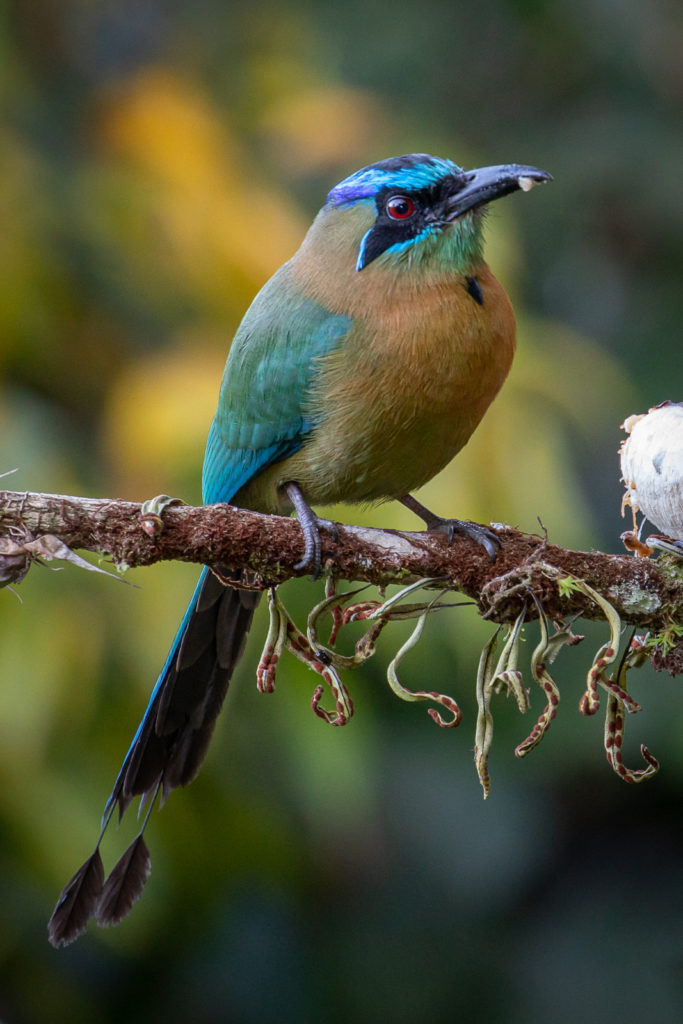
Day by Day Itinerary
Day 1: January 16: Arrive in San Jose, Costa Rica, and overnight at the Hotel Aeropuerto. We will take care of group shuttles to the hotel from the airport, and we will also provide travelers with flight recommendations for arriving in San Jose. Once we've all settled into our hotel, we'll gather for a group dinner to get to know one another and discuss the adventure ahead.
Day 2: Beginning at daybreak, we will spend a leisurely hour or so birding the grounds of the hotel. Those who are visiting the neotropics for the first time will have the chance to make acquaintances with some very common and widespread species such as Rufous-tailed and Cinnamon Hummingbirds, Tropical Kingbird, Blue-gray Tanager, Rufous-collared Sparrow, and Costa Rica’s National Bird, the Clay-colored Thrush. Several species of North American migrants will probably be present, along with resident species that might include Red-billed Pigeon, Lesson’s Motmot, Hoffmann’s Woodpecker, Crimson-fronted Parakeet, and Grayish Saltator.
After breakfast, we’ll drive to the Caribbean lowlands and the renowned La Selva Biological Station, run by the Organization for Tropical Studies. On route we’ll make a stop at Soda Cinchona/Mirador San Fernando with its amazing feeder set up. Some of the possibilities here include Silver-throated Tanager, Black Guan, Red-headed Barbet and tons of hummers - Violet Sabrewing, Green-crowned Brilliant, Black-bellied Hummingbird, White-bellied Mountain-Gem and Green Hermit. Overnight at La Selva Biological Station.
Day 3: We have a full day exploring the trails at La Selva Biological Station. Before it was under OTS management, La Selva was a farm dedicated to sustainable forest research owned by Dr. Leslie Holdridge. La Selva’s influence on tropical ecology is immeasurable and of great cultural significance, having served as a key training and research site for numerous scientists. La Selva Research Station pioneered private forest conservation in Costa Rica, as it was the first of what is now a large network of private forest reserves in the country. The species richness of La Selva is outstanding, with more than 2,077 species of plants; 125 species of mammals (72 of them bats); 470 species of birds; 48 amphibian species; 87 species of reptiles; 45 species of freshwater fish; and tens of thousands of insects, arachnids, and other arthropods.
An extensive system of trails offers easy access to primary tropical forest. Rain forest birding can be challenging, but with luck and persistence we could well be rewarded with sightings of species such as Slaty-breasted Tinamou, Semiplumbeous Hawk, Olive-backed Quail-Dove, Rufous-winged Woodpecker, Snowy Cotinga, and White-collared Manakin, to mention just a few. Of course, we’ll also bird several open areas of the property where we may get to enjoy views of the likes of Cinnamon Becard, Band-backed Wren, Golden-hooded Tanager, Green Honeycreeper, Black-cowled Oriole, and Olive-backed Euphonia. Overnight at La Selva Biological Station.
Day 4: With more than 400 bird species reported from the property, we’ll continue to explore the rainforest at La Selva. Whoever said that La Selva has “great” birding may well have meant that literally: Great Tinamou, Great Curassow, Great Potoo, Great Green Macaw, Great Antshrike, and Great Kiskadee are all possible here! Overnight at La Selva.
Day 5: After some morning birding, we travel to our next destination - Pocosol Station. Pocosol is part of the Children’s Eternal Rainforest (or “BEN” after its Spanish name, Bosque Eterno de los Niños). The BEN is the largest private reserve in Costa Rica and, straddling 7 different life zones, is one of the most biologically diverse 23,000 hectares (56,000 acres) on the planet. The BEN is owned and managed by the Monteverde Conservation League, a Costa Rican nonprofit organization whose mission is to conserve, preserve, and rehabilitate tropical ecosystems and their biodiversity.
Pocosol Station is a delightful rustic lodge located on the Caribbean slope and the forest at Pocosol bridges forests from the Caribbean lowlands and those high on the Continental Divide, making for an incredible biodiversity and great scenic beauty. The 6-mile trail system runs through primary and secondary forest at elevations ranging from 2000 to 3000 feet above sea level. Pocosol features a natural lake perfect for bird watching, dozens of small mountain streams, views of a spectacular waterfall, and even boiling volcanic mud pits. Overnight Pocosol.
Day 6: The avifauna at the higher-eleveation Posocol station is significantly different from the lowland diversity at La Selva. In addition to some breathtaking mixed species flocks, Pocosol hosts some special and seldom seen birds: Sharpbill, Bare-necked Umbrellabird, Yellow-eared Toucanet and Rufous-vented Ground-Cuckoo are rare but possible. Army ant swarms attract ant-following specialists, including Ocellated Antbird, Bicolored and Spotted Antbird, and we’ll hope for an opportunity to cross paths with an ant swarm (from a safe distance!). More expected birds (and equally special) include Black-and-Yellow Tanager, Nightingale Wren, Thicket Antpitta, Crested Guan, Broad-billed Motmot, Black-headed Antthrush, Spotted Woodcreeper and Emerald Tanager. Overnight Pocosol.
Day 7: After breakfast and some morning birding, our next destination is the Palo Verde Research Station in Guanacaste Province. Palo Verde Research Station, located in the 20,000-hectare Palo Verde National Park, holds one of the largest and most important Central American wetlands and harbors one of the most intact patches of tropical lowland dry forest remaining in Central America. Palo Verde wetlands maintain a tidal relationship with the Tempisque River and delta and are home to many species of native and migratory aquatic birds, including the magnificent Jabiru. Overnight Palo Verde Research Station.
Day 8: This morning we explore the boardwalks and trails of Palo Verde and experience the natural beauty of the tropical dry forest and the magnificent wetlands. The wetlands, which can be seen from the station and reached within a few minutes’ walk, provide shelter for herons, storks, egrets, grebes, ibis, ducks, jacanas, and other waterfowl and web-footed birds.
Large numbers of aquatic birds and their predators can be seen here: Least Grebe, Neotropic Cormorant, Anhinga, herons, Jabiru, Ibises, Roseate Spoonbill, falcons and caracaras, Northern Jacanas, and many more. The mammal fauna is equally rich and visible, particularly during the dry season when peccaries, armadillos, jaguarundis, coatis, agoutis, deer, and monkeys are attracted to the water holes.
In the afternoon, we’ll take a boat ride down Tempisque River, which has one of the largest concentrations of crocodiles in Costa Rica. Along the Tempisque River, within mangrove forests, nesting colonies of Boat-billed Heron, Little Blue Heron, and Yellow-crowned Night-Heron are easily spotted among other species. Isla Pájaros in the Tempisque River is the most important nesting colony for wading birds in northwest Costa Rica. Eleven resident bird species and some 3,000 individuals altogether nest there late in the wet season. Overnight Palo Verde.
Day 9: After another morning of exploration of Palo Verde and lunch at noon, we head to San Jose for our last night in Costa Rica. The grounds of our hotel are a lovely way to decompress and enjoy some more tropical birding before we head home. Overnight Hotel Robledal.
Day 10: Transfer to the airport for departing flights.
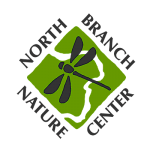
713 Elm Street
Montpelier, Vermont 05602
(802) 229-6206
Hours: Center Open Monday-Friday 9-4
Trails Open 24/7

